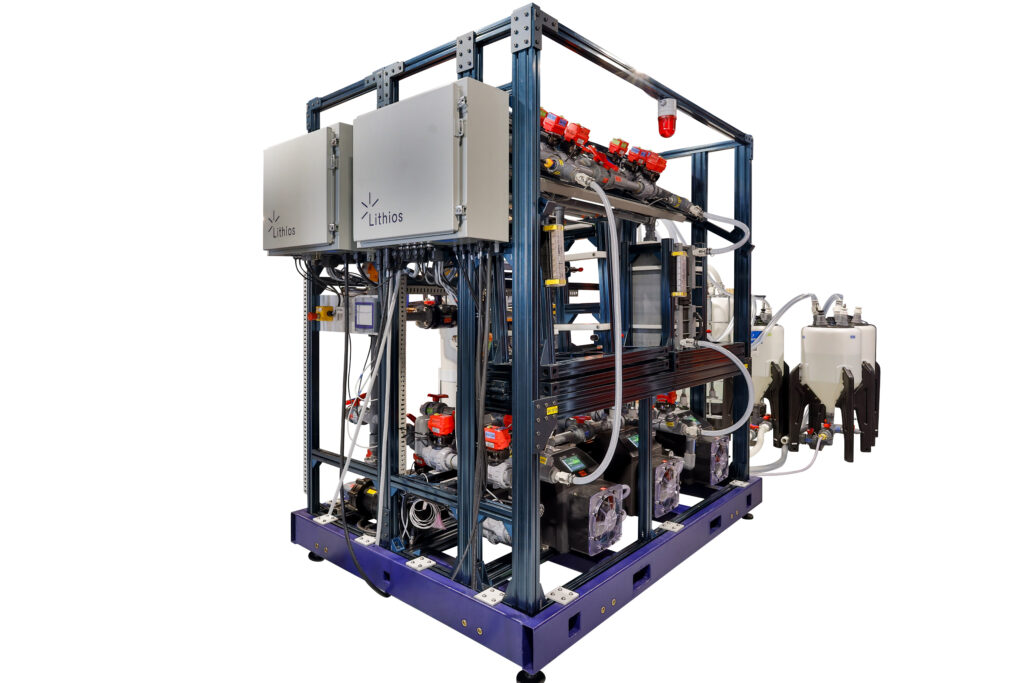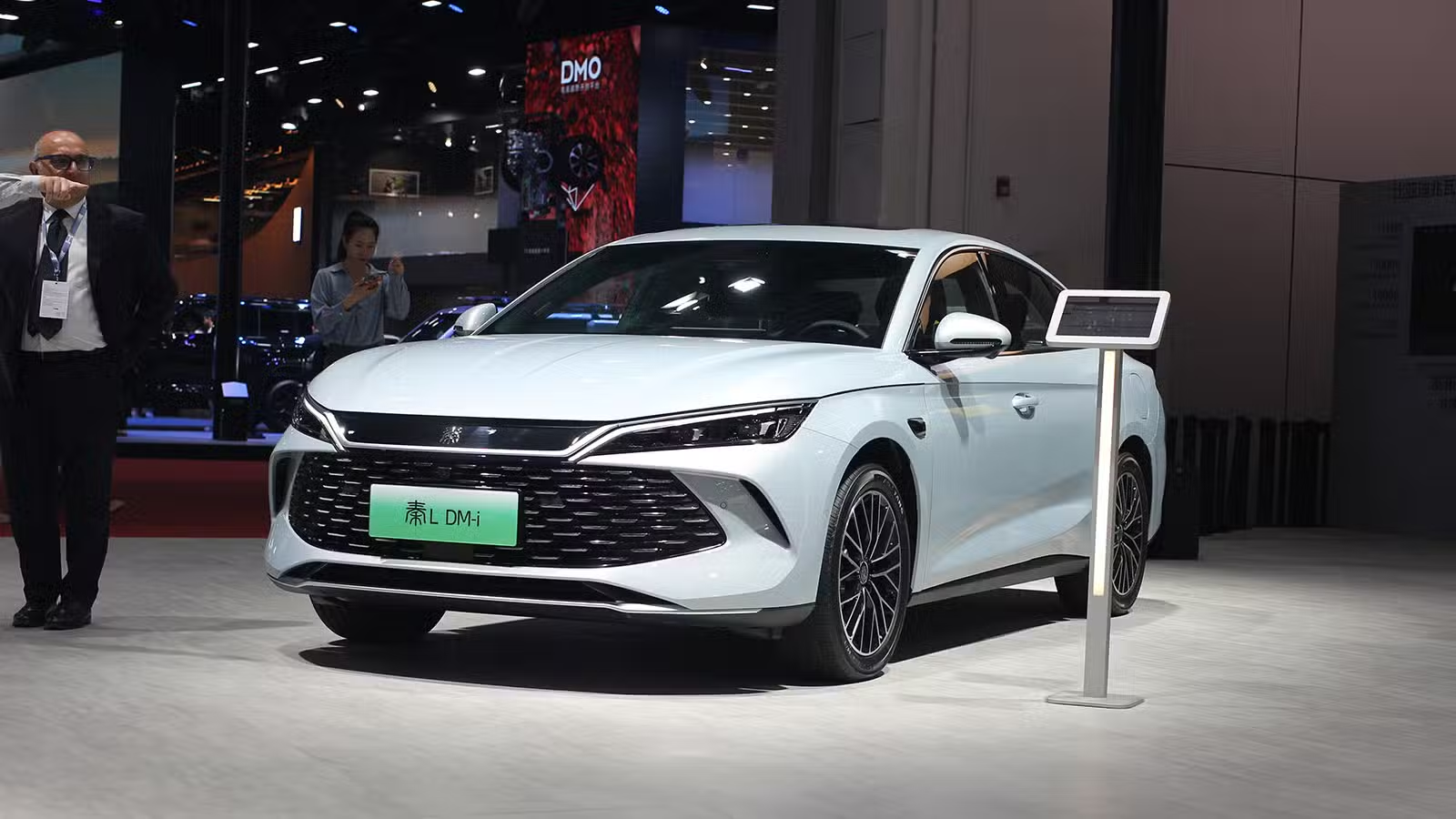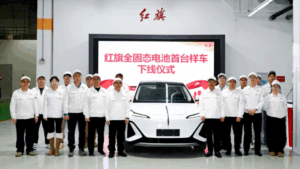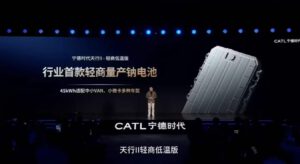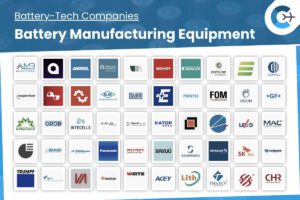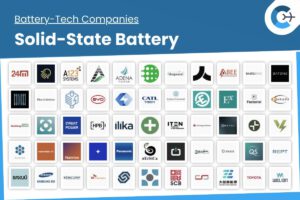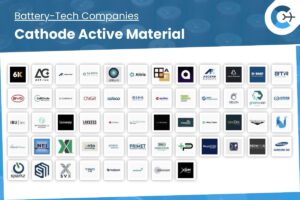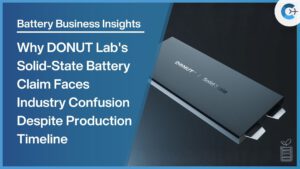Lithios, a startup founded by Mo Alkhadra (PhD ’22) and Professor Martin Z. Bazant of MIT’s Department of Chemical Engineering, is commercializing an electrochemical process for extracting lithium from underground brine resources in the United States. While China currently controls roughly 65 percent of global lithium processing and has intermittently restricted exports of lithium-based products, the U.S. hosts substantial reserves in brine deposits beneath south Arkansas and east Texas.
Traditional methods—such as hard-rock mining and large solar-evaporation ponds—are energy-intensive, land-degrading, and may not be economically viable for lower-grade American reserves. Lithios’s Advanced Lithium Extraction technology instead uses electric currents and specialized electrode materials to selectively capture lithium ions from saline waters, leaving other dissolved compounds behind.
The company reports higher selectivity and efficiency compared with competing direct-extraction approaches, along with reduced greenhouse-gas emissions and land use. Since June, Lithios has operated a pilot system continuously processing real brine from international sources. It also recently delivered an early unit to a commercial partner in Arkansas. Next year, the company will commission a larger pilot capable of producing 10 to 100 metric tons of lithium carbonate annually.
Following validation of that scale, Lithios intends to build a full-scale facility producing 25,000 tons per year—quintupling current U.S. output of under 5,000 tons annually. The technology was adapted from Alkhadra’s PhD research on electrochemical separation of metals in aqueous systems, guided by MIT’s Venture Mentoring Service, Sandbox Innovation Fund, and the Massachusetts Clean Energy Center. Early incubation support came from MIT’s Activate Fellowship and The Engine. In addition to lithium, the founders believe the platform could be tailored to rare earths and other critical elements. Field deployments and demonstration projects with partners in oil, gas and mining are planned, aiming for a commercial demonstration plant by 2027 and kiloton-scale production before 2030.
Source: MIT News

